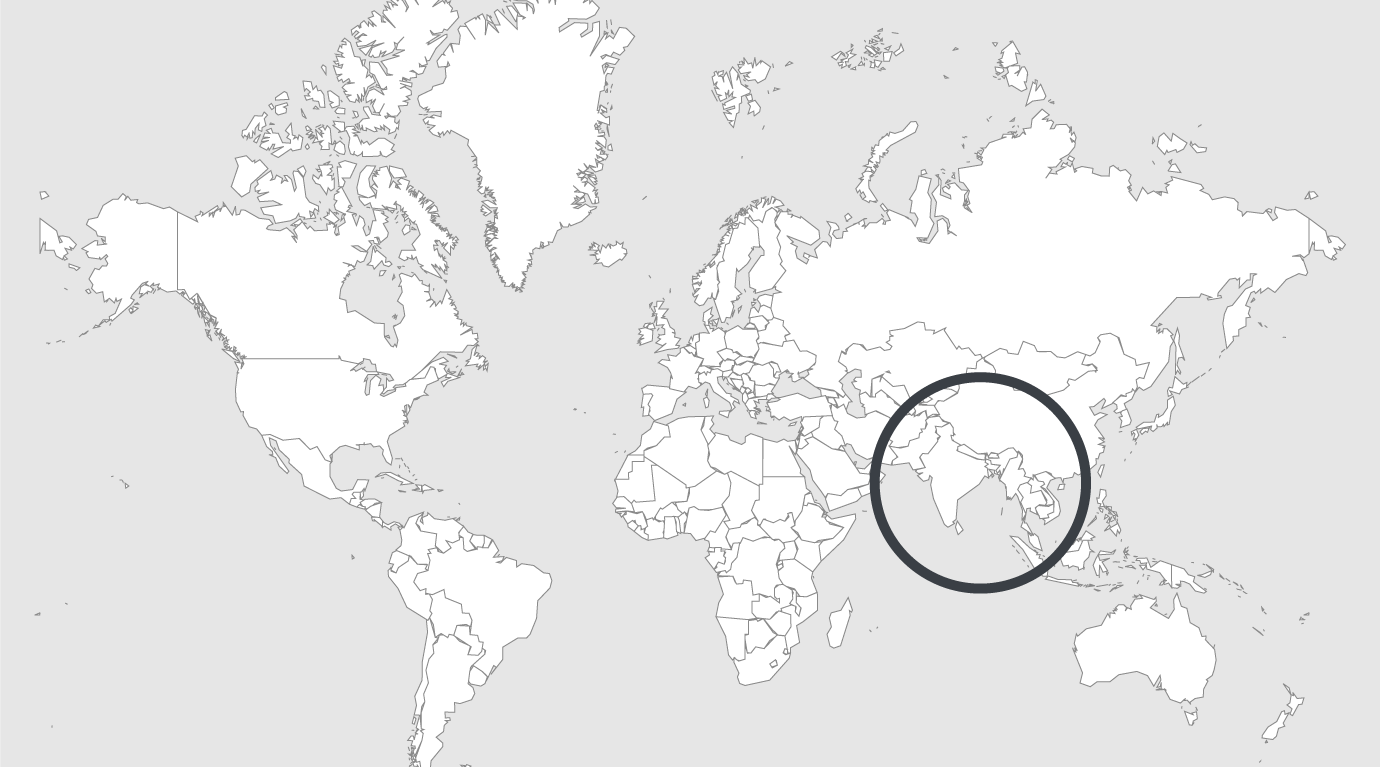
Explore
Singapore: majority of S’poreans do not have an irrational fear of the ISA. Is that okay?
The number of ISA arrests have decreased over the years, but we must regularly examine if it is still relevant.
Wednesday’s announcement (March 16) that four Singaporeans were arrested under the Internal Security Act (ISA) for attempting to participate in the Middle East conflicts has some Singaporeans heaving sighs of relief.
This announcement came just two months after 27 male Bangladeshis working in the construction industry were arrested under the ISA and deported.
Both instances of ISA arrests this year have probably led to some Singaporeans appreciating the fact that the authorities were able to act swiftly and decisively before these personnel become security threats to Singaporeans and Singapore.
However, the ISA, which enables detention without trial, was once used for what some critics would believe were for politically-driven purposes — to arrest members of an opposition party in the 1960s for security reasons. This, in turn, weakened the political opposition to the ruling People’s Action Party (PAP).
So why is the ISA mostly accepted by Singaporeans despite its past? Or is it accepted because of its past as Singaporeans have been politically-domesticated as a populace?
Singapore is using ISA to curb potential threats to national security
In response to media queries on Wednesday (March 16), an MHA spokesperson said:
“72 people have been detained under the ISA for terrorism-related activities since 2002, and about 80% of them have since been released. There are presently 14 persons issued with Orders of Detention, one on Suspension Direction and 22 persons issued with Restriction Orders.”
In other words, it is an average of five arrests per year from 2002 to 2016.
If one were to exclude the 31 arrests made this year, it is an average of three arrests per year from 2002 to 2015.
Compare this to a total of 2,460 arrests made between 1959 to 1990, which constitutes a whopping average of 79 arrests made per year.
This was revealed by then Minister for Home Affairs (now Deputy Prime Minister and Coordinating Minister for National Security) Teo Chee Hean, who gave a reply in parliament that 2,460 arrests were made, of which 1,045 were detained for various reasons, including alleged Communist subversion, terrorism and espionage.
The rare use of ISA towards the end of the 21st century could be due to several reasons: The end of the Cold War (and the decrease of communist threats), as well as the creation of existing legislation to rein in political opposition.
Media academic Cherian George analyses this succinctly in his book Freedom From The Press:
“The spectre of the ISA has been so permanent and prominent on Singapore’s political stage that it can distract from other significant trends in the PAP’s employment of coercion. What is particularly noteworthy is the fact that the government has tried to avoid routinising the use of detention without trial, which it regards as a blunt instrument of last resort.”
The government often opted to employ subtle legislative methods to rein in political dissent after the ISA was used — reining in unions, creating the Newspaper and Printing Presses Act, restructuring student unions to rein in student activism.
Read full article.
